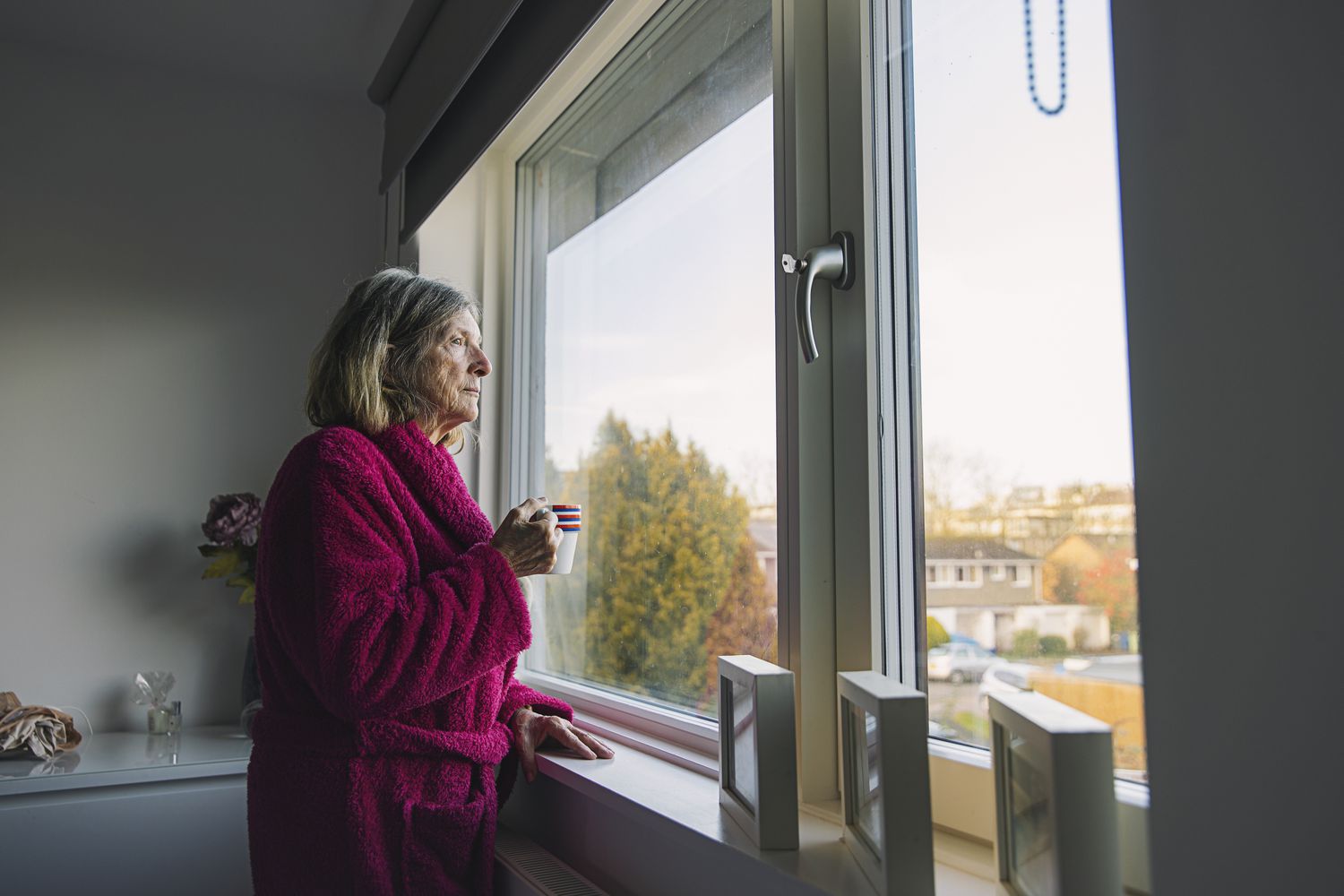New Study Reveals Potential Link Between Loneliness and Increased Stroke Risk

Chronic loneliness may increase the risk of stroke among older adults, according to a recent study published in eClinicalMedicine.
Specifically, Harvard University researchers found that older Americans who reported feeling chronically lonely over four years were 56% more likely to have a stroke in the next 10 to 12 years.
In 2023, U.S. Surgeon General Dr. Vivek Murthy warned about an epidemic of loneliness and isolation facing the country. About three in 10 older adults sometimes feel lonely, while one in twenty report feeling lonely very often, according to the National Poll on Healthy Aging.
Studies have linked loneliness to worsening mental and cardiovascular health in older adults, but few studies have specifically focused on the relationship between loneliness and stroke.
“Our findings suggest that individuals who experience chronic loneliness are at higher risk” of stroke, Yenee Soh, ScD, a research associate at the Harvard T.H. Chan School of Public Health who led the study, told Health. “It is important to routinely assess loneliness, as the consequences may be worse if unidentified and/or ignored.”
The researchers used data collected from 12,161 participants over 50 enrolled in the Health and Retirement Study, longitudinal research surveying a nationally representative group of about 20,000.
Between 2006 and 2010, the participants completed the Revised UCLA Loneliness Scale, which measures feelings of loneliness and social isolation.
“Loneliness is commonly perceived as a subjective experience, reflected as the gap between desired and available relationships,” Soh said. “Social isolation, on the other hand, typically refers to the lack of social contact with others.”
Between 2010 and 2012, the 8,936 participants who remained in the study filled out the loneliness assessment again. Those who scored above six on the assessment were considered to have a high level of loneliness.
The researchers tracked the participants until 2018. During that time, 1,237 participants had a stroke, which occurs when the flow of oxygen and nutrients to the brain is restricted.
When it came to people who filled out only one assessment, the researchers discovered that having a high level of loneliness at baseline was associated with a 25% higher risk of stroke than scoring low on the assessment.
“A one-unit increase in the loneliness score was associated with a 5% higher risk of stroke,” Soh added.
Of the participants who completed two loneliness assessments, those who reported consistently high levels of loneliness had 56% higher odds of developing a stroke compared to people with consistently low levels.
The researchers controlled for race, gender, depressive symptoms, socioeconomic factors, social isolation, and other health factors.
“I think it’s a very good study,” Dan Blazer, MD, MPH, a psychiatrist and emeritus professor at Duke University, who wasn’t involved in the study, told Health. The study is a “significant contribution” to the scientific literature because it looked at loneliness across two different time points, said Blazer, who also chaired the National Academies of Sciences, Engineering, and Medicine report on loneliness in 2020.
The outcome of the study, that chronically lonely people have the highest risk of stroke, is an “important finding,” he added.
The authors noted some limitations of the study, including that it involved only middle-aged and older adults in the U.S. Therefore, the results may not apply to younger individuals or those in other countries.
Observational studies are also prone to unmeasured variables that can impact the results. And the authors noted that they used an “arbitrary” cutoff to categorize participants as having high or low levels of loneliness.
“They only measured at two points in time, and who knows what happens in the intervals,” Blazer said.
Per the authors, scientists need to conduct more research to understand how loneliness might elevate the risk of stroke. They noted that loneliness may have a direct effect on behavior, mental health, or physiology in a way that elevates stroke risk.
“Loneliness can negatively impact cardiovascular, metabolic, and immune systems, which in turn can affect stroke risk,” Soh said.
More research is also necessary to understand the short-term and long-term impacts of loneliness and to find effective strategies to address them. “There have been studies about medications and about psychotherapy,” Blazer said. “I don’t think any of those have really shown conclusively that there are specific medical and psychiatric therapies that can benefit loneliness.”
That said, experts said there are steps people can take to reduce loneliness—beginning with an exploration into their feelings.
“It may be helpful to take self-administered questionnaires that assess loneliness by oneself or when in a healthcare setting to first identify and acknowledge that one is feeling lonely,” she said.
Because loneliness is a highly subjective experience, seeking help to address your specific needs is important, Soh added.
Blazer and other experts also call for a local approach to addressing loneliness.




